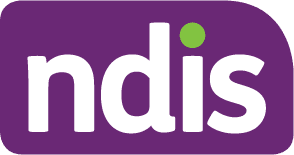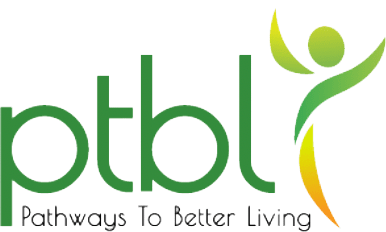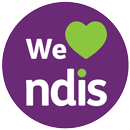Pathways to Better Living Pty Ltd – Advocacy Policy
Introduction
Advocacy is acting, speaking or writing to promote and protect the human rights and welfare of a vulnerable person or group of people. Examples of vulnerable people include Aboriginal and Torres Strait Islander peoples, children and their families, refugees, the elderly, the LGBTQIA community, the homeless, and people with a disability. Advocacy services for people with disability in Australia are funded by The National Disability Advocacy Program (NDAP) which ensures there is no cost for participants or service providers to access advocacy services.
- Applies to all services at all sites
- Applies to all representatives involved in providing services including key management personnel, full time workers, part time workers, casual workers, contractors and volunteers
Types of advocacy include:
- Individual advocacy-a one-on-one advocacy aimed to prevent or address instances of discrimination or abuse to a person with a disability
- Systemic advocacy-advocacy to influence or secure long-term changes to ensure the collective rights and interests of people with disability
- Family advocacy-when a parent or family member advocates with on behalf of a family member with disability
- Group advocacy-advocacy for a group of people with disability, such as a group of people living in shared accommodation
- Citizen advocacy-where community volunteers advocate for a person with a disability over the long term, supported by a citizen advocacy organisation
- Legal advocacy-where a lawyer provides legal representation, pursues positive changes to legislation, or gives legal advice to people with disability about discrimination and human rights
Individual advocates can:
- Provide direct advocacy on behalf of a person
- Provide information and advice so a person can advocate for themselves (e.g deal with a landlord, go to court, deal with police, get legal advice, negotiate deals, deal with problems at work or education, deal with guardianship and financial matters)
- Connect a participant to relevant services e.g solicitor
- Help a participant work through problems
- Help a participant make formal actions on matters e.g assist to make a complaint with the anti-discrimination board
Advocates do not:
- Provide counselling
- Make decisions for another
- Provide mediation
- Provide case management
Advocacy commitment
- Upon commencing services, new participants are informed of the role of advocates, their right to use advocates and advocacy services, and how to contact and involve advocacy agencies
- Participants are supported if they choose to self-advocate, change advocates, or withdraw their authority for an advocate
- If a participant needs an advocate and a family or carer cannot provide it, we will attempt to introduce an advocate chosen by the participant
- If a participant requests on of our workers to be an advocate, their authority to act is recorded along with the issues important to the participant and their goals
- We will work with the advocate chosen by a participant and involve the advocate in all areas of the participants service planning and decision making
- Whenever a participant is assisted by an advocate, we will document this



